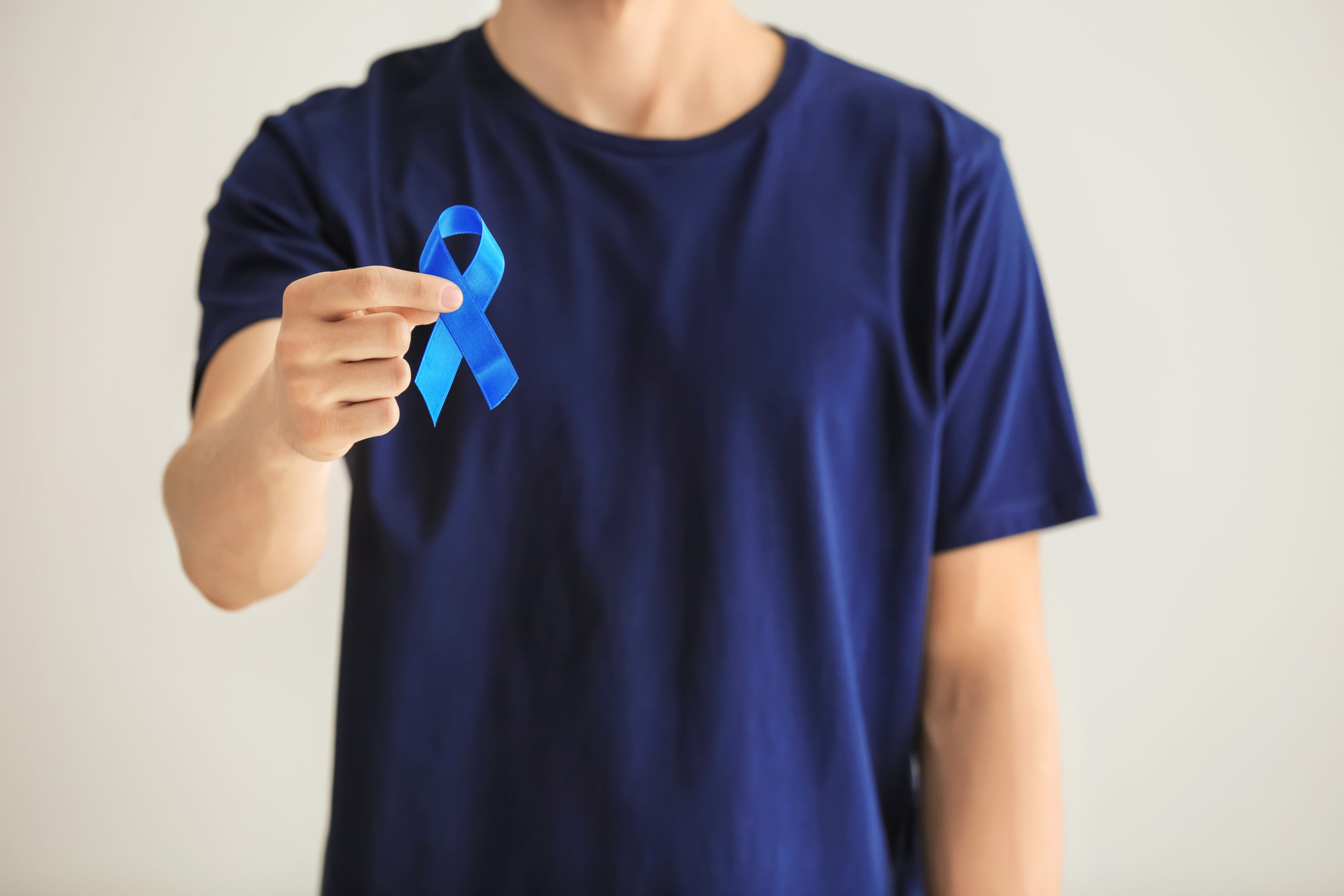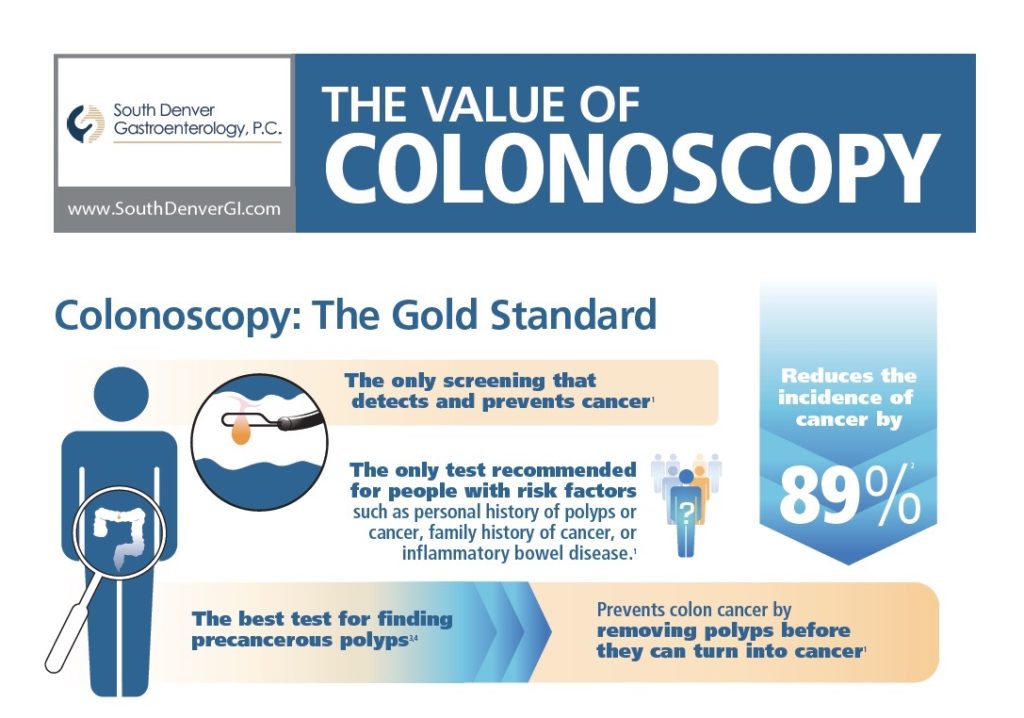
March is Colorectal Cancer Awareness Month. Colorectal (colon) cancer is beatable, treatable and preventable.
Colorectal is the third most diagnosed cancer worldwide. It affects more than 100,000 people each year. About 2,000 Coloradans are diagnosed with colorectal cancer every year.
When detected at an early stage, colorectal cancer survival rates can be greater than 90%.
Here’s what you should know about colorectal cancer.
What is colorectal cancer?
Colorectal cancer is a form of cancer that begins in the colon, also known as the large intestine. It occurs when cells in the body excessively grown and divide in the colon. Many colorectal cancers begin as small precancerous polyps that grow slowly.
What are the signs and symptoms of colorectal cancer?
The most common early stage symptoms of colorectal cancer are often no symptoms at all. Key symptoms are:
- Bloody Stood
- Unexplained change in stool appearance.
- Change in bowel habits or blood in the toilet after having a bowel movement.
- Unexplained fatigue and weakness.
- Anemia.
- Rapid unexplained weight loss.
- Lower back and/or stomach cramps that persist.
- Bloating and abdominal discomfort.
- Feeling the urge to have a bowel movement when there is no need.
Don’t ignore common GI symptoms. If you are experiencing any of the symptoms above, it’s important to schedule an appointment with a gastroenterologist.
Who should be screened for colorectal cancer and when?
Adults at average risk for colorectal cancer should begin routine preventive screening at age 45. If you are African American, have Crohn’s disease, a family history of colorectal cancer or are experiencing concerning symptoms, your doctor may recommend earlier screening.
Why did the screening age recommendations for colorectal cancer change from 50 to 45 in 2021?
We used to consider colorectal cancer a disease that developed later in life. But, colorectal cancer rates have gone up 51% in people younger than 50 over the past 25 years. About 10% of all colorectal cases are now developing in people younger than 50.
The best defense against cancer is preventive screening. With this recommendation, there is greater potential for more colon polyps to be detected and removed at earlier stages – before they can turn into cancer.
Are certain people at greater risk for colorectal cancer?
Black Americans are at greater risk of being diagnosed with and dying from colorectal cancer.
1 in 23 Black men will be diagnosed with colorectal cancer in their lifetime. For Black women, the diagnosis risk is 1 in 24.
Which colorectal cancer screening test is best?
A colonoscopy is the only test that can prevent and detect colorectal cancer. This simple and safe outpatient procedure can reduce your lifetime risk of colorectal cancer by 70%.
During a colonoscopy, a gastroenterologist will use a long tube with a light and camera to view your entire colon to spot and potentially remove precancerous growths (polyps). For every 1% increase in a gastroenterologist’s adenoma detection rate, there is a 3% decrease in your odds of developing colorectal cancer over the next decade.
Can I do a stool test instead of a colonoscopy?
Any screening is better than no screening at all.
But while Cologuard and other stool-based screening tests get a lot of attention, they are not as effective as colonoscopy screening. In fact, a 2014 New England Journal of Medicine study found that Cologuard missed 30% of polyps that will soon be cancer and almost 60% of larger polyps that may become cancer.
If a Cologuard test comes back positive, a patient will be asked to get a colonoscopy to confirm the results, which further extends the screening and diagnostic process. It may also result in expected out-of-pocket insurance costs.
Why should I choose South Denver GI for my colonoscopy screening?
South Denver GI is Colorado’s leader in colorectal cancer screening and prevention. Our 23 gastroenterologists consistently achieve colon polyp detection rates that exceed national screening benchmarks.
Stop waiting and start scheduling. Call 303-788-8888 or request an appointment now to schedule your colonoscopy


